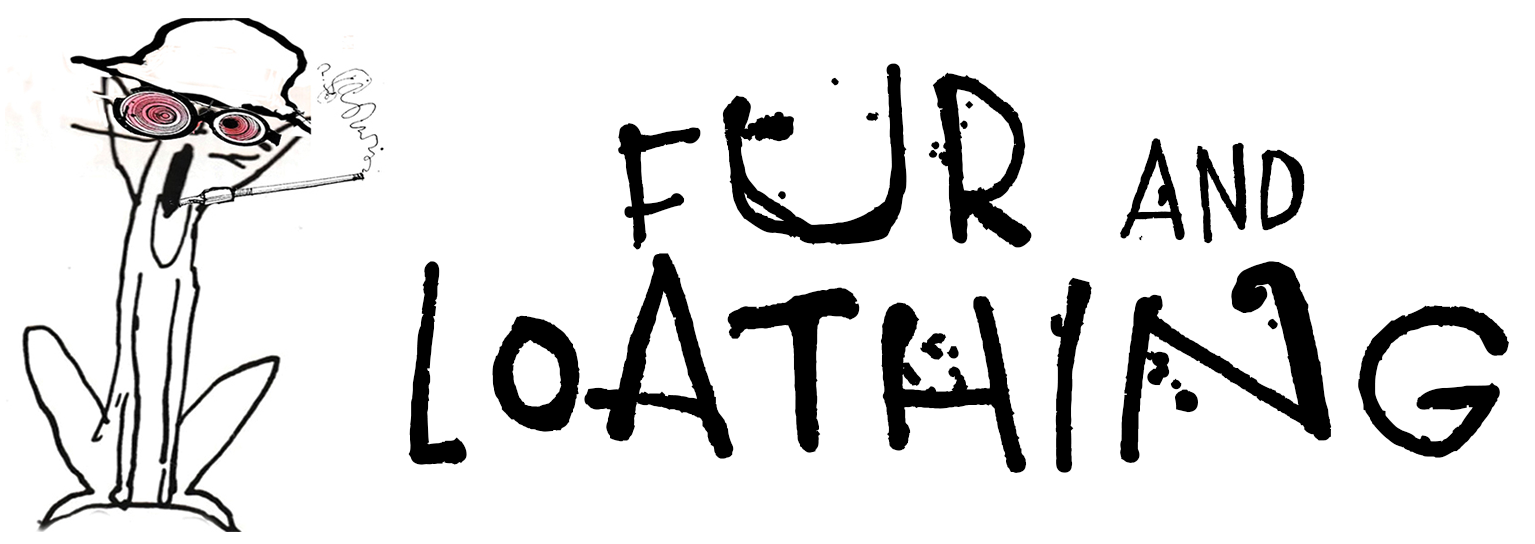When patriotism dresses like propaganda and calls itself vintage.
Every now and then, something floats past your feed that makes you pause—not in horror, not in awe, but in that uneasy middle space where recognition lives. You’ve seen this before. Not this exact poster, maybe, but the posture of it. The sentiment. The righteousness lacquered in red, white, and blue like fresh paint on a crumbling house.

Every now and then, something floats past your feed that makes you pause—not in horror, not in awe, but in that uneasy middle space where recognition lives. You’ve seen this before. Not this exact poster, maybe, but the posture of it. The sentiment. The righteousness lacquered in red, white, and blue like fresh paint on a crumbling house.

This one tells you to “Report All Foreign Invaders.” Uncle Sam stands with a hammer, noble and grim, as if he’s building something solid. But what he’s really doing is sealing something shut. There’s a phone number to ICE at the bottom, tucked in like a footnote no one’s supposed to question.
It wants to look vintage. Like something preserved in amber from a time when “American” was synonymous with “good,” and everyone who didn’t fit that mold was just a shadow at the edge of the light.
But nostalgia like this isn’t passive. It doesn’t remember—it erases. It chooses what to glorify and what to ghost.
This isn’t my kind of nostalgia.
Beneath the fonts and the flag-waving, this poster mourns nothing. Not the lives surveilled into silence. Not the families split by raids and checkpoints. Not the long ache of being told, again and again, that you don’t belong.
There’s a violence in this kind of memory, and it’s the quiet kind—the kind that dresses itself up in civic duty and calls it tradition. But tradition without reflection is just repetition with better branding.
I get the aesthetic. It’s bold. It hums with false clarity. But it’s a dirge disguised as patriotism, and I’d rather light a candle for the people it leaves behind than salute the silence it demands.
The past keeps calling us back—but it never mourns what it buried.
